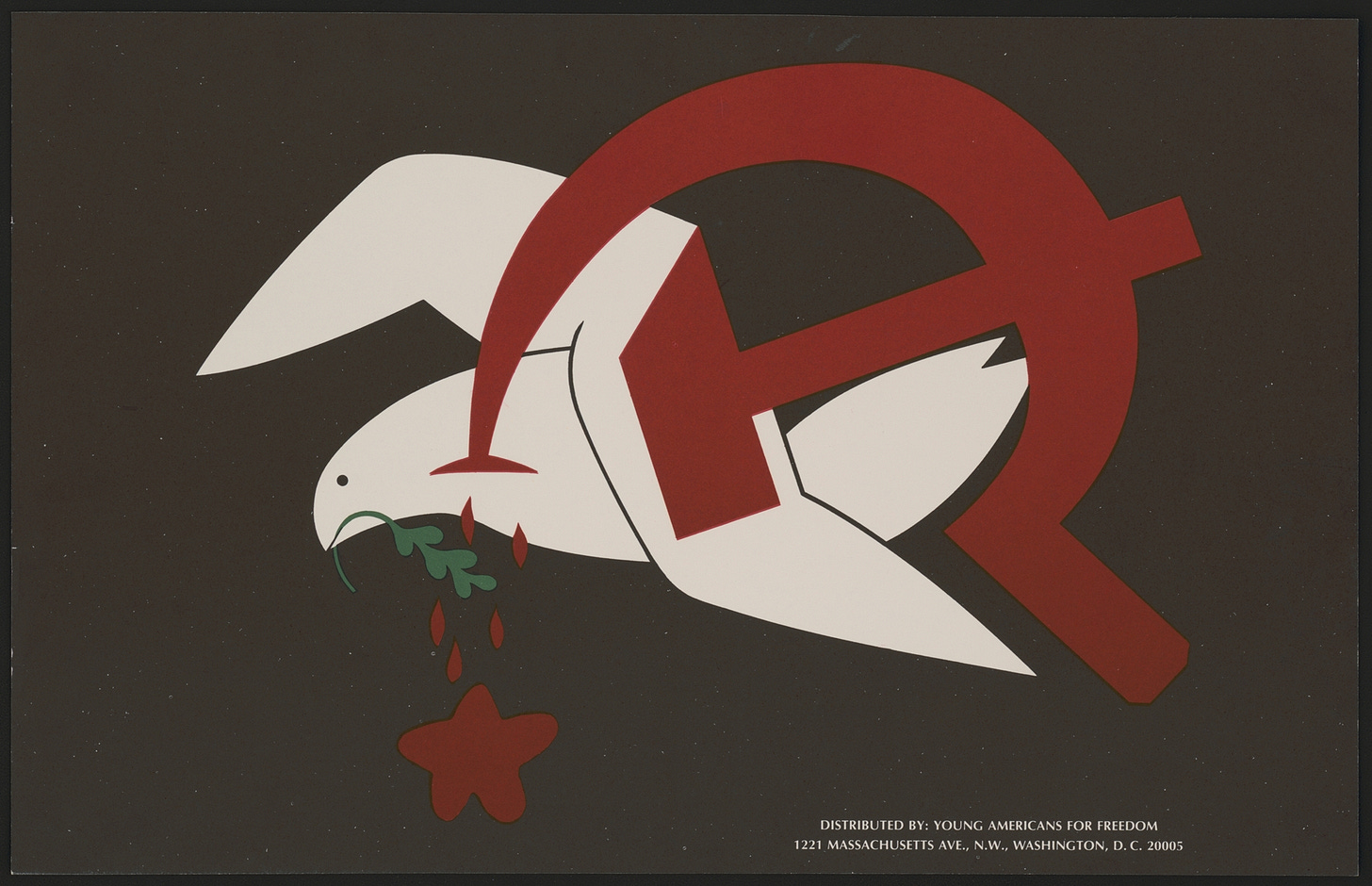Two weeks ago, I had the privilege of moderating a book discussion with Lea Ypi at the Albanian embassy in DC. In preparation, I finally got around to reading her much-lauded memoir, Free: Coming of Age at the End of History. If you yet haven’t heard of Lea or her book, you should make amends by buying it immediately. And if you’re not the impulsive typ…
Substack is the home for great culture




